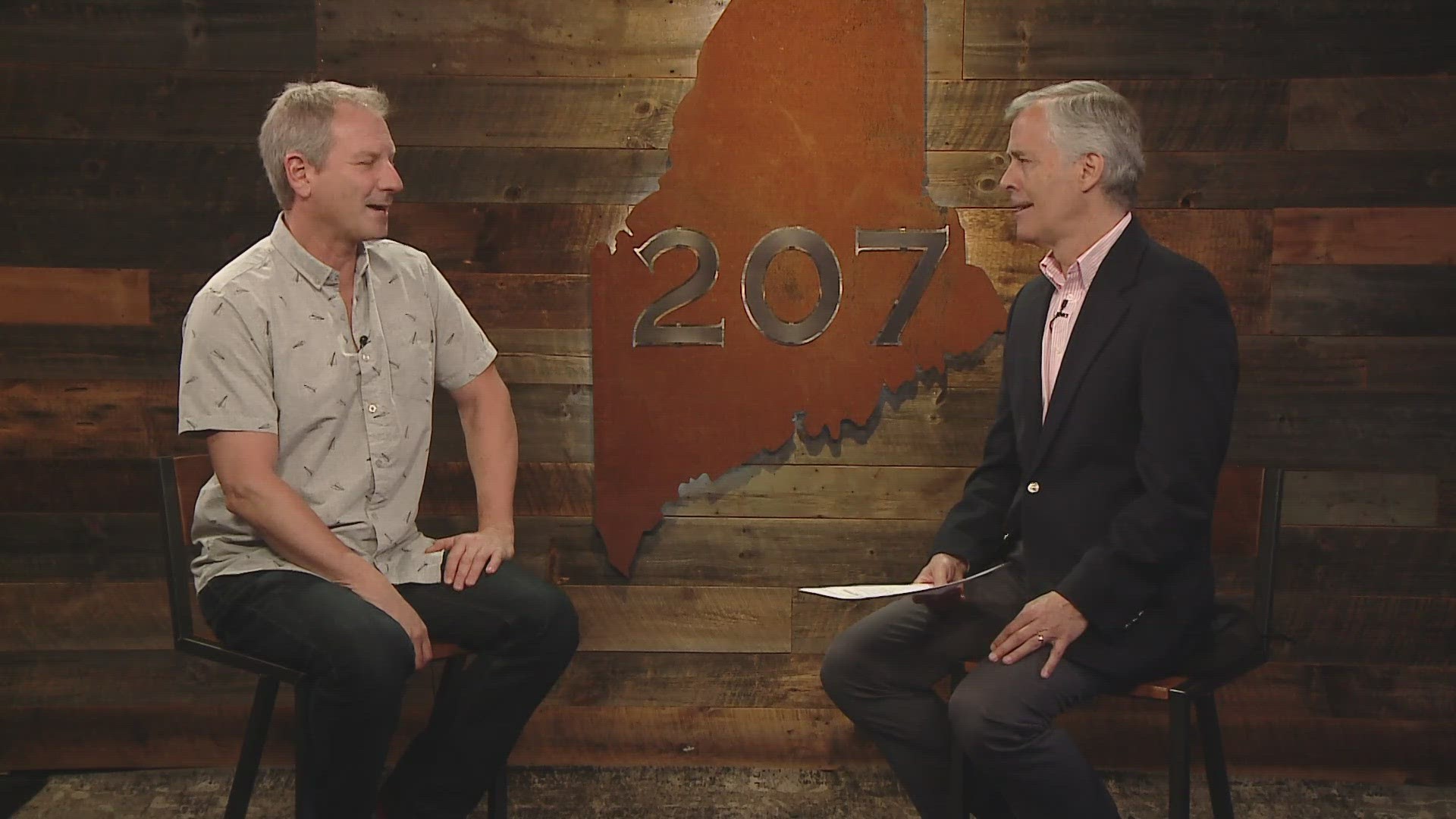PORTLAND, Maine — Rich Brooks from Flyte New Media in Portland has been appearing on 207 for years, and the reason we keep bringing him back is simple. He offers suggestions on how to work effectively with the technology in our everyday lives, recommendations that are always straightforward and practical. Here are the talking points he provided on getting rid of digital clutter.
207: Why should we care about digital clutter? After all, it doesn't take up any physical space.
Rich: Decluttering your digital life has a lot of benefits. It's easier to find things, and generally, our laptops, smartphones, and tablets will run faster when there's less clutter on them.
Also, it may not take up physical space, but it takes up space in our heads. The more clutter, the more challenging it is for us to get things done. So both our brains and our devices work better when there's less clutter.
207: What keeps us from decluttering our digital lives?
Rich: I'm sure it varies between people, but often it's a psychological fear that the moment we delete a file—or even store it away out of site—we'll need it immediately. However, it's been my experience that's not true.
A long time ago, in a rush, I had to take all the files on my desktop and throw them into a single folder to clean up my desktop. I forgot about it for over a year, and when I rediscovered that folder, with all of it's "important" files, I realized none of them were relevant any more and it was safe to get rid of them.
207: And did you get rid of them?
Rich: Well, no, but do as I say and not as I do.
207: So how do we get started?
Rich: First, make a backup of your files... just in case. I use Dropbox for this, but Google, Microsoft, and Apple, all offer services that you can use as well. Some of these are free, at least to start, and others have a minimal monthly fee.
Once you've done that, begin to organize your files into broad categories that make sense to you, like work, home, finances, etc. Go through your computer and for each file either file it away in the appropriate folder or delete it. If the file name isn't very obvious, consider renaming it. If you're not sure what it is now, you certainly won't remember what it is a year from now.
You may not be able to do this in one sitting, but that's OK. It might be easier to do it in 10-minute blocks at the beginning or end of each day.
Make sure you take care of areas on your computer where files tend to end up in a messy way. For example, your desktop or downloads folder.
207: Once we've gone through the big purge, how do we keep from falling back into old habits?
Rich: For me, it's about creating regular tasks. Once a week or once a month, I go through my downloads folder and clean everything out of there. I delete unnecessary calendar invites, delete documents I no longer need, and file away the files that are still relevant.
I try and go into my photos each month and delete all the blurry pics, the multiples, and the ones I accidentally took when I was taking my phone out of my pocket. I add the best ones to my favorites folder and have that synced with my phone.
I also leverage my DropBox account to keep my computer less cluttered. I even have a "temporary" folder where I put files that have a short lifespan. Every once in a while I go through it and delete everything.
207: You mentioned photos, but how about music, stray notes, or your email inbox?
Rich: These days I feel that most people are streaming music, so it doesn't tend to eat up a lot of space on our computers or phones. I do keep some of my favorite playlists on my phone for the dead zones on my way to Sugarloaf, but most of my music is in the cloud, and I don't own it.
For stray notes or files, it's helpful if you have one platform and stick to it. That could be Word, Google Docs, or I prefer Evernote. Although because of work, I do use all three.
And for email, well, that sounds like a great idea for a future segment.

